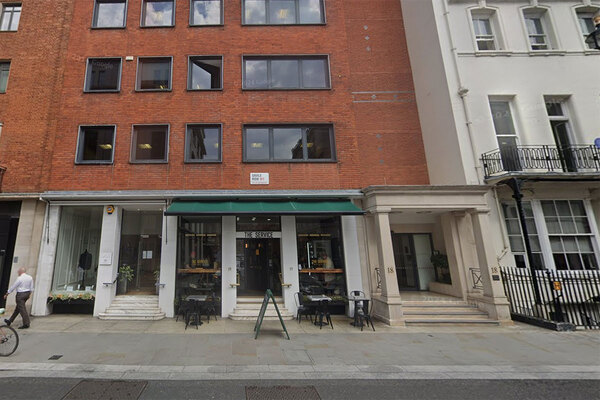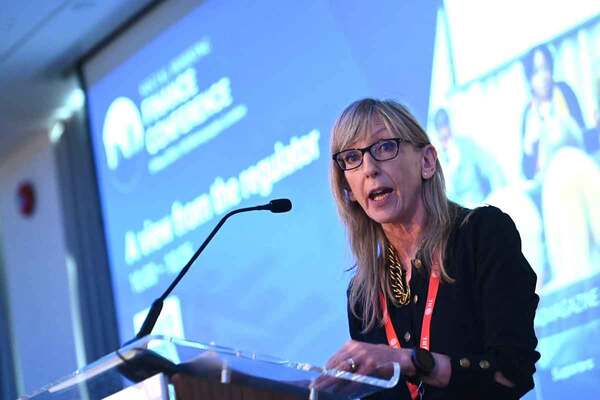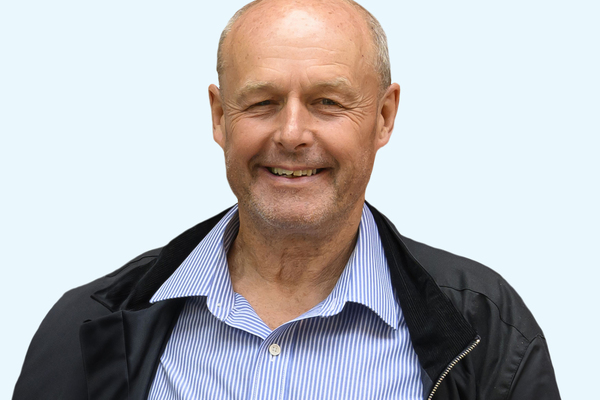FIT for success
Last Thursday Inside Housing’s Green Light campaign enjoyed its biggest success since launching in November.

The move by the Department of Energy and Climate Change to consult on whether social landlords should be classified alongside ‘community projects’ and be exempt from a further 20 per cent cut to the feed-in tariff for solar photovoltaic panels was significant. If it goes ahead, it will ensure that tens of thousands more people are rescued from fuel poverty by social landlords.
For the wider solar PV industry, however, the announcement by minister Greg Barker about the future of the controversial FIT was not so positive. For months now DECC has been wrestling with the issue of how to cut the scheme’s costs while still making it attractive to consumers and investors.
Mr Barker’s argument is that the costs of installing PV panels have fallen significantly since the scheme was designed and will continue to do so. His solution is to peg the FIT to these cost reductions over time, thus avoiding forcing taxpayers to subsidise large returns for PV investors.
Solar PV manufacturers and installers have cried foul, claiming they will be unable to operate under the proposed structure. This is important for social landlords as without a viable wider industry, their ability to benefit from further falling costs will be severely curtailed. That said, PV companies issued similar howls of protest when earlier FIT cuts were announced, yet new delivery models soon began to emerge.
So where does this leave social landlords? In the short term nothing has changed. The FIT will remain at 21p per kWh until 2 July before falling 35 per cent to 13.6p. So, if they haven’t already, landlords need to get out their calculators and decide whether they can afford to foot the bill. All the while they will need to keep a keen eye on the plan to exempt social landlords from a further 20 per cent cut to this rate.
In supporting last week’s announcement, the newly installed DECC secretary of state, Ed Davey, pledged an end to ‘uncertainty’ around FITs.
iven that Mr Davey’s department has been the chief cause of this problem, it is easy to be cynical. However, there are enough chinks of light in these latest moves to suggest otherwise.









